Free Group Tutoring in reading and math is offered at Community Learning Center in Clearwater, FL! This program runs every Tuesday & Wednesday from 3:30 – 5 pm, excluding holidays. Please call the center at (727) 441-4444 to register your child.
Uncategorized
Our Tutors are Fully Trained!
Adam is an absolute math whiz and our newest Fully Hatted Professional Tutor! The tutor training program involves theory and practical and takes a bit of time to complete. Adam is already getting fantastic products with his math students, helping kids in elementary through high school. Well done on your accomplishment, Adam! ![]()
Helpful Habits to Improve Overall Study
Physical activity improves blood circulation, ensuring that oxygen and nutrients reach the brain, which enhances cognitive function. Exercise also reduces stress and anxiety, keeping the mind clear.
Sleep is just as important and is essential for memory and learning new information. Aim for 7-9 hours of quality sleep each night so you can stay focused throughout the day. It’s also extremely important that you incorporate vitamins and minerals into your diet, as well as drinking lots of water.
Dehydration can impair concentration and memory, so drink plenty throughout the day. Make sure to avoid excessive sugar, refined carbs, and processed foods.
Remember to engage in activities that stimulate the brain, such as puzzles, reading, and learning new skills. This can improve problem-solving skills and keep the brain sharp.
Pro Tutoring Student Success!
“When I first came here, I was kind of scared but when I went in with Jeff (CLC Tutor), he had a really nice smile on his face, and he made me feel better. There was a time when I literally wanted to lay on the ground and scream when I had to do math, but when Jeff gave me mass on math and we played some math games, that made me feel better. I was having trouble with my multiplication tables, but he got me all the way to 7’s so far. I’m also working on Olympic math where I’m learning new skills. My confront on math is much better!” – O. (5th grade student)
Free Group Tutoring
Free Group Tutoring in Clearwater, FL – every Tuesday & Wednesday from 3:30pm – 5pm!
Success from a Happy Parent!
“This place is wonderful! My son has Don as a tutor and he is so good with him. Patient kind and understanding. We started 4 months ago and the change we see is astonishing. We kept our son back in first grade as he was unable to read he hated to go to school and didn’t think he was smart as the rest of his classmates were reading by end of year last year. And that’s why we are here. The turnaround is remarkable. He loves coming to work with Don and is more confident. He actually likes school now! I am so happy we found a flyer in a little reading library when school was starting. Otherwise he would still be hating school. The best part- his teacher has told me that he is really turning around she can’t believe how well he is doing. Testing from the beginning of the year to the middle of the year he has skyrocketed, her words not mine. And this week she told me he jumped two reading modules! My son finally feels smart and the happiness from that is priceless!!! Thank you Community Learning Center – you all are changing lives!!!” – A.B. (parent of a Pro Tutoring Student)
A Better Set-up for Doing Homework
Consistency helps build a routine and ensures that homework becomes a priority. Designate a specific time each day for homework. Write down all assignments in a to-do list and prioritize them based on due dates and difficulty. This allows you to focus on what needs immediate attention. Find a distraction-free area where you can concentrate. Turn off your phone, social media notifications, and other distractions.
Happy Thanksgiving from CLC!
Fun Literacy Activities for Young Students
- Vocabulary Bingo: Create bingo cards with vocabulary words. Call out definitions, and students mark the corresponding word.
- Buddy Reading: Pair students to read aloud to each other and discuss the story.
- Five Word Story: Give students five or more random words and challenge them to form a complete story containing those words.
- Word Scramble: Create teams and compete to create as many words as you can with groups of letters you give them.
- Jeopardy: Play a version of this game with questions involving grammar and spelling.
The Importance of Arts in Education
Skills developed through arts can translate to other subjects, enhancing overall learning. Engaging in artistic activities helps to improve discipline and perseverance. This creative outlet not only promotes critical thinking but is especially important in getting the students to express themselves in new and creative ways. Whether it be painting, music, or theater, the arts play an essential role in forming proficient thinkers. Participating in these pursuits is extremely beneficial and can spark lifelong interest in creative ventures.
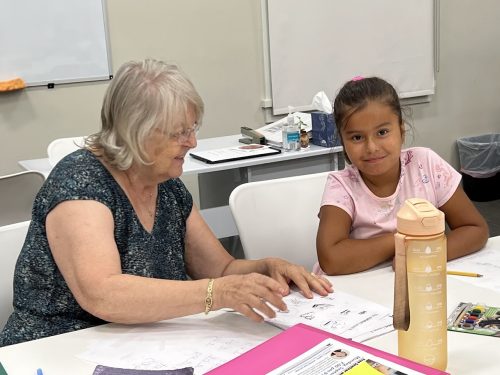
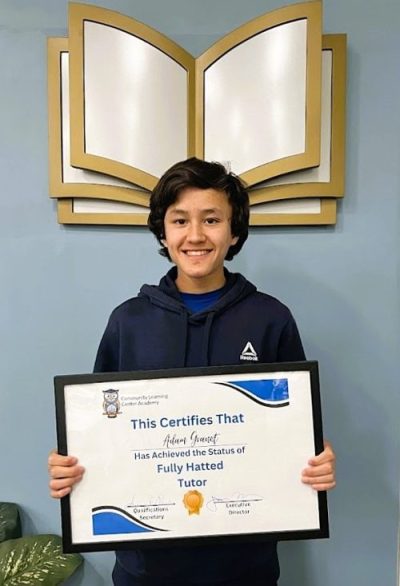


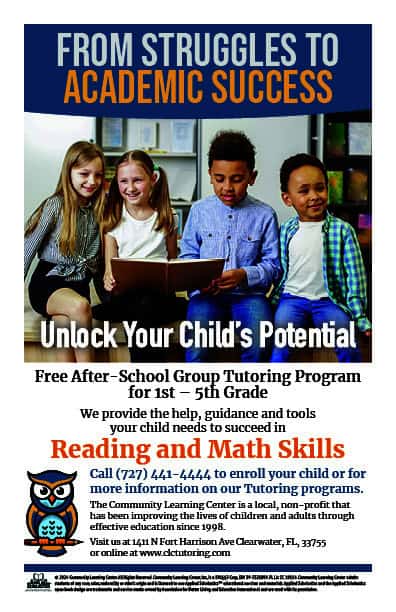
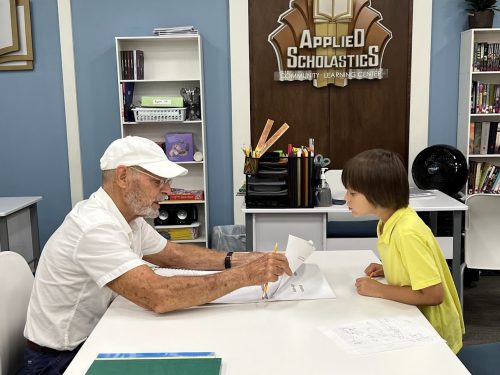
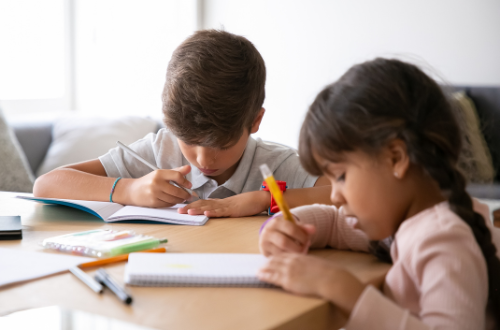

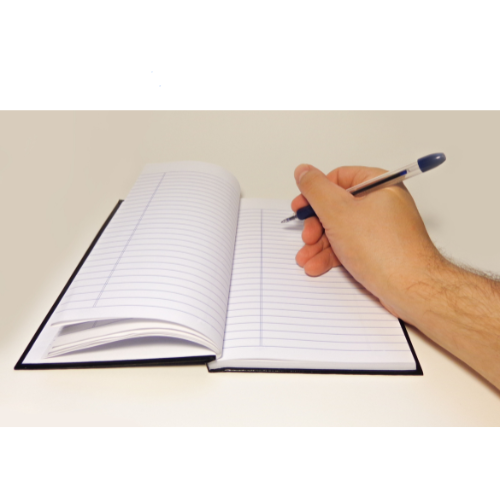
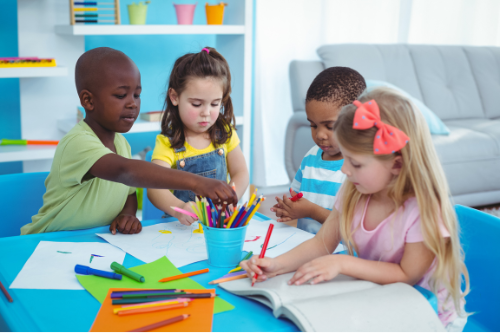





Recent Comments